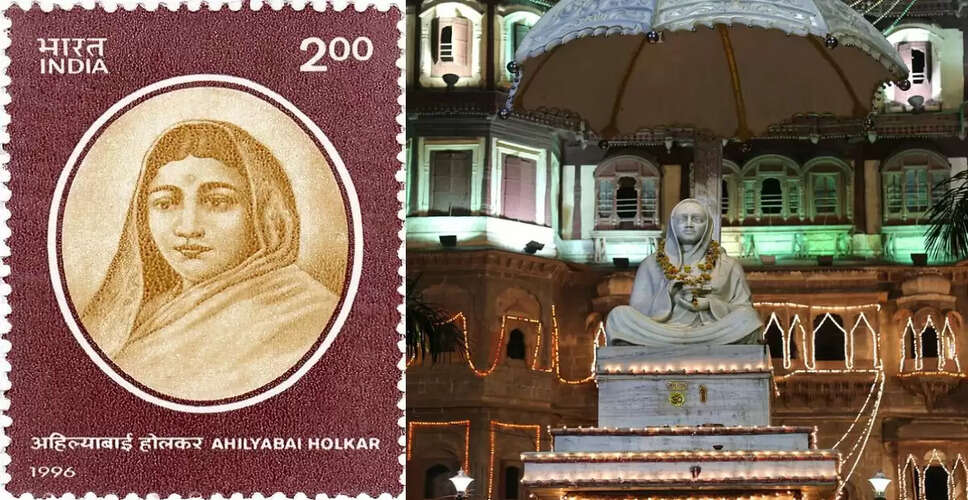Ahilyabai Holkar: A Legacy of Justice and Service

Celebrating the Legacy of Ahilyabai Holkar
Every year on May 31st, we commemorate Ahilyabai Holkar, the former Queen of the Malwa kingdom. She is celebrated not only as a ruler but also as a symbol of justice and righteousness. Her birth anniversary is recognized as Ahilyabai Holkar Jayanti, reflecting her enduring impact on society. Her leadership, unwavering confidence, and dedication to public service continue to inspire many.
A Remarkable Journey of Governance
Born in 1725 in the small village of Chondi, Maharashtra, Ahilyabai was married at a young age to Khanderao Holkar from the Holkar Dynasty. Following the deaths of her husband and father-in-law, she ascended to the throne in 1767, ruling Indore until her passing in 1795. Unlike many rulers of her time, Ahilyabai was not born into royalty, which contributed to her grounded nature and compassionate approach to governance. This earned her immense respect and admiration from her subjects.
Champion of Public Welfare
Ahilyabai's commitment to public welfare set her apart from her contemporaries. She was dedicated to preserving India's spiritual heritage, having rebuilt and restored numerous temples and dharmshalas throughout the country. Notably, she was responsible for the reconstruction of the renowned Kashi Vishwanath Temple, which remains a significant site for many Indians.
A Beacon of Justice
The court of Ahilyabai Holkar exemplified justice and empowerment. She held daily durbars, allowing anyone to present their grievances. After the death of her husband, she rejected the practice of sati, demonstrating remarkable strength during a time when women's voices were often silenced. On Ahilyabai Jayanti, various states, particularly Maharashtra and Madhya Pradesh, host events in her honor, including cultural programs, lectures, and community service initiatives. Statues of her across India serve as a testament to her significant contributions.
Her life continues to inspire countless individuals. On this special day, we celebrate not just a queen but a timeless symbol of selfless service, resilience, and visionary leadership.
